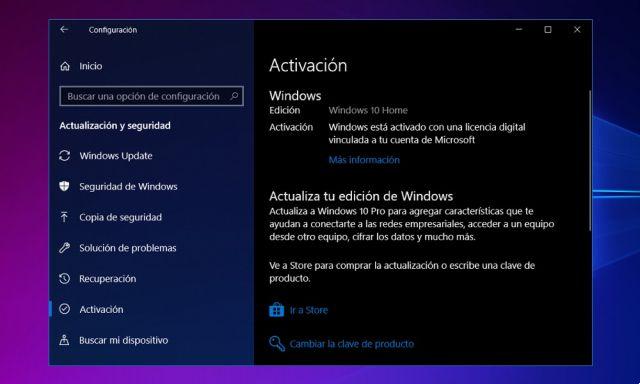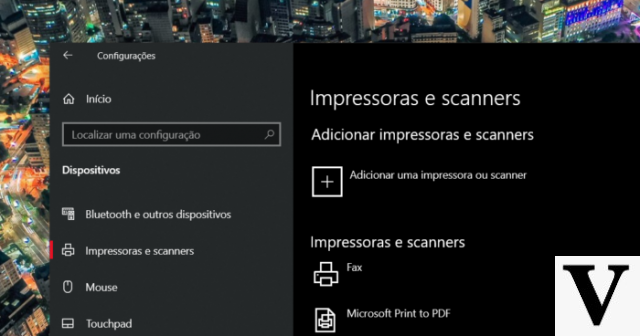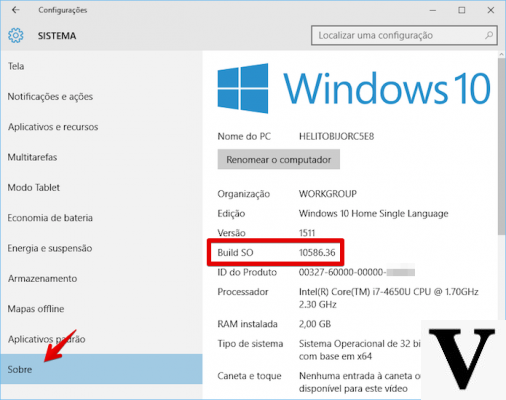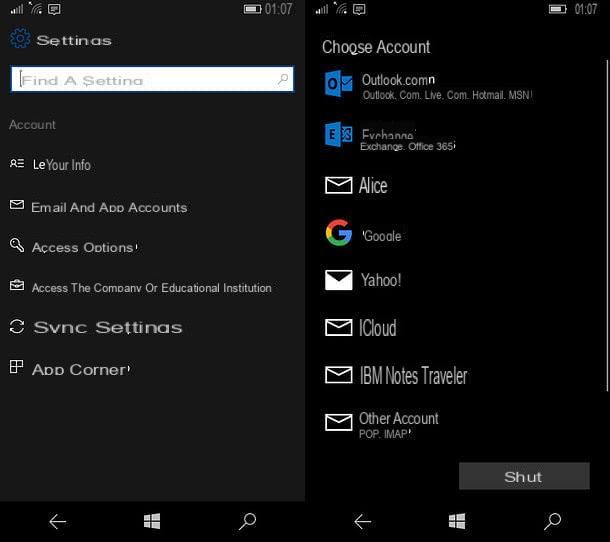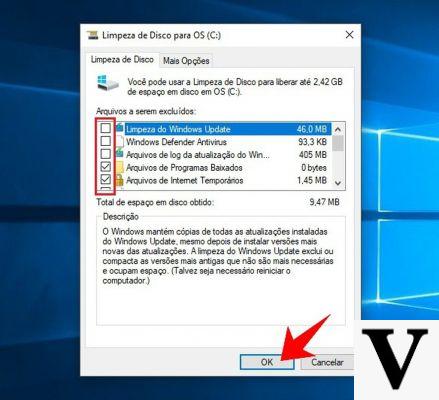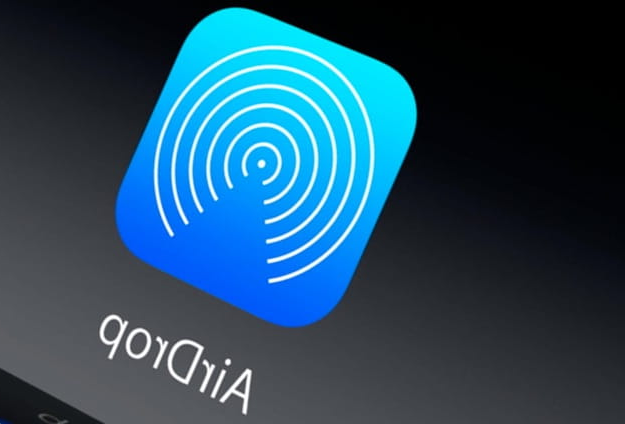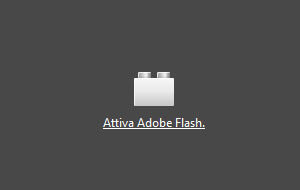 If you open the Firefox browser today, going to the plugins section (from options> add-ons), you can see that the Shockwave Flash plugin is disabled.
If you open the Firefox browser today, going to the plugins section (from options> add-ons), you can see that the Shockwave Flash plugin is disabled.This happened because security researchers discovered important vulnerabilities in the most recent versions of Adobe Flash, which can be used by cryptolocker and ransomware viruses, that is, those that take the PC hostage by blocking access to the computer's folders.
At the same time, Facebook, through the voice of its security officer Alex Stamos, asked Adobe to abandon the Flash plugin because it is too dangerous (replacing it with HTML5 technology) and withdraw it so that it is no longer a risk for the world-wide internet user.
NOTE: Flkash has now disappeared from all browsers, so it is no longer to be deactivated since it is not there. It can still be done today download Flash Player on PC (even if no longer supported).
Currently the exploits found in the Flash plugin, i.e. security vulnerabilities, have been covered and fixed by the latest version of Adobe Flash 18, (18.0.0.209).
If you are using Firefox or Internet Explorer, it is therefore necessary to immediately install the new version in order not to run the risk of losing control of the computer (on Chrome it updates itself).
The big problem, now under everyone's eyes after the Hacking Team case and widely explained in the newspapers, is that some exploits and security holes are disclosed only after a certain period of time if not ever, leaving the whole field to pirates. IT professionals and espionage companies to exploit them to their advantage. So even if you update Flash to the latest version, you still can't rest easy.
Even if the plugin must always be updated, today more than ever it is evident that Adobe Flash Player is dangerous software like or more than Java, the other browser plugin now in disuse due to continuous security risks (see how to disable Java on browsers to avoid security problems).
Experts advise everyone, immediately, to uninstall Adobe Flash from every browser and every PC, be it Windows, Linux or Mac.
Personally I think that giving up Flash is a bit too much because it is still used a lot on the internet.
In order not to prevent the visualization of the sites in Flash it is enough simply disable Flash and, if necessary, use it only when needed, on command.
So if you can give up on some flash game site or some old video streaming site, it's worth it disable the plugin on Firefox, Chrome, Safari (on Mac) and Internet Explorer.
- On Chrome, to disable Flash, open a new tab at chrome: // plugins / to see the list of plugins.
Find Adobe Flash and "disable".
If you do not want to disable Flash completely, but have the possibility to activate it when necessary, for example when you want to open a game or a video, then go to settings, then advanced settings and click on the content settings button.
Scroll down the list until you find the Plugins section and choose the option Let me choose when to run the contents of the plugins.
- To disable Flash on Firefox, open the add-ons page from the browser Tools menu, open the plug-in list, find Shockwave Flash, and select "never activate".
Alternatively, you can select the ask before activating option, which holds the plugin at least until you click on it with the mouse.
- To disable Flash on Internet Explorer, click on "Manage add-ons" from the browser settings menu, select "Shockwave Flash Object" and then press the "disable" button below.
- To disable Flash on Safari open the Preferences tab (in the "Safari" menu) and, in the Security menu, go to "Manage website settings" next to the "Internet plug-in" option, select Adobe Flash Player from the list on the left and block it for all sites from the drop-down menu on the right.
Alternatively you can select the "Ask" option to choose when to enable Flash.
These settings must be changed on all browsers on all computers used. On smartphones it is not necessary to do anything because there is no longer a Flash plugin for Android phones, for iPhones and others.
ALSO READ: Update browser plugins (Chrome, Firefox, IE, Opera) to browse safely







